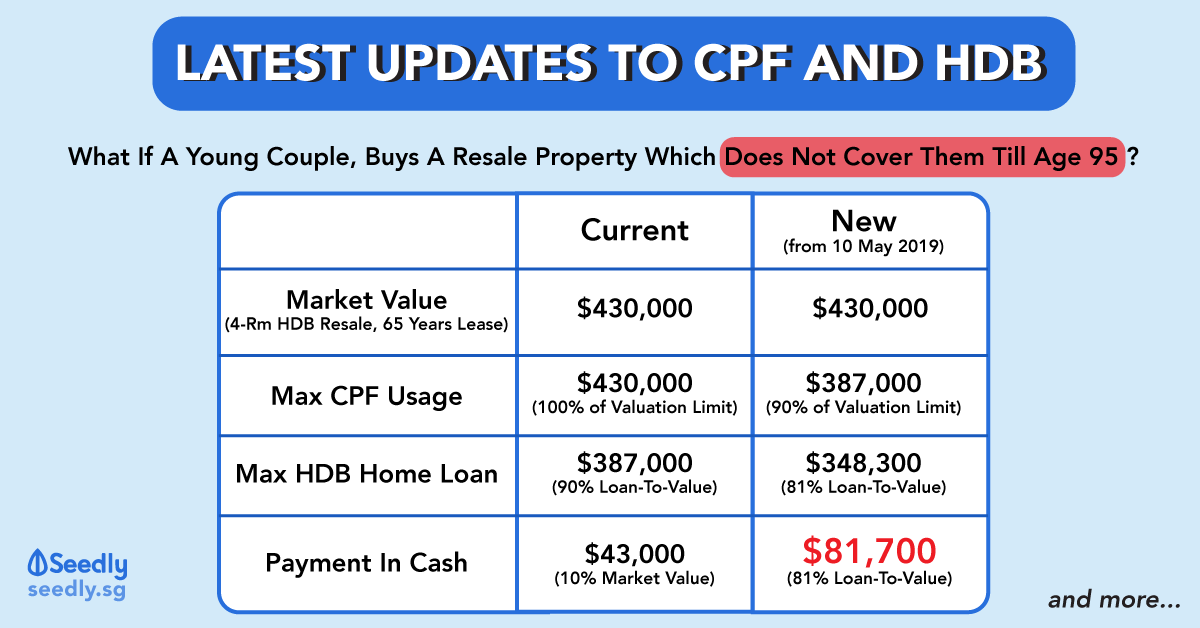Anonymous
If one has managed to reach FRS, which option is a better one to pay housing loan? 1) Cash 2) CPF OA?
I understand there are some who encourage us to pay our housing loan via cash (to avoid the accrued interest) in the event one sell his house.
However, if one has reached the FRS, isn’t it better to OA to pay housing loan since accrued interest incurred is still ultimately our own money.
Anyone can shed some lights on this? Thanks
3
Discussion (3)
Learn how to style your text
Reply
Save
I don't see accrued interest as the main argument between choosing to pay with cash or cpf. If you are paying the mortgage with the cpf oa, then what do you do with the "cash savings"?
Some people used the cash savings to invest, and if they can consistently earn more than 2.5% interest, then great they can beat the oa interest rates (while carrying risk). If they can generate sufficient annual returns / dividends to pay the mortgage with that amount of cash savings, even better - it is a self sustaining system.
The reality is that people use the "cash savings" to buy cars, spend on travel, more clothes and whatever. Then when retrenchment comes, and you no longer have a paycheck, you start to stress over whether you can pay those bills, the mortgage, and what happens if you can't pay the mortgage and bank comes to repossess the house.
Some folks are probably a bit conservative, and keep that "cash savings" in bank and high yield instruments "just in case". Great, so they end up putting that cash towards money market funds (about 1.7% pa) or bank accounts (less than 1%?) or high yield insurance / savings products that pay less than 2.5% interest per annum. Which factually speaking, OA just pays better if you are leaving the cash in that kind of "safe instruments".
If you still have a long way to go either to pay off the mortgage or reach 55 (>= 10 years) , and you are still carrying a pretty mortgage balance (>= 5 years take home pay)... A lot of things could happen in that time frame. A prudent consideration is to leave money in the OA to pay the mortgage when you become unemployed / retrenched. It can be pretty stressful to think about keeping that roof over your head when you still have bills and credit cards to pay while not getting a monthly salary.
And food for thought if you end up not needing to count on the OA to pay for housing - you have a few options - 1) you have money you can take out from OA when you turn 55, or 2) how about considering retiring earlier by 5 years, if you can count on your OA balance to pay mortgage for that last 5 years?
Reply
Save
This would depends if you can earn more via investment with cash to get more than 2.5 % returns per ...
Read 1 other comments with a Seedly account
You will also enjoy exclusive benefits and get access to members only features.
Sign up or login with an email here
Write your thoughts
Related Articles
Related Posts
Related Posts










If you dont see ur house as a investment tool then accured interest not applicable to u. You not going to sell anyway.
Paying with OA allow you to have free cashflow, hand wont be too tight, but you losses that 2.5%, is a tradeoff
After u reach FRS maybe your next target is ERS? For max cpflife payout.